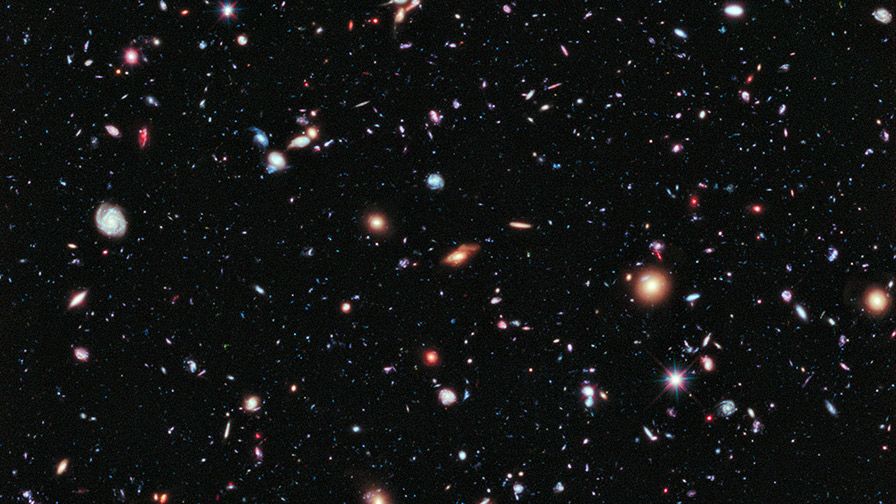Didn't he not believe in black holes? Do you know how many things he admitted were unknowable before he died?Incorrect. The universe popped into existence. It was not created from existing matter. CMB, red shift, FLoT, quantum mechanics and Friedmann's solution to Einstein's field equations prove these two statements.
So there was a matrix or source for the creation of matter and energy that formed our space time. Since matter and energy cannot exist outside of space and time the source or matrix of creation must be incorporeal. God is incorporeal.
I look him up on wiki and I don't think he discussed god very much. And I don't think the theories he came up with prove god either. Neither do Einsteins.
Yes our observable universe popped into existence. Your mind is too small and dull to think bigger. You can do it when talking about god but you can't do it with space and time.
You have no ideal where our universe is going.
Considering it's getting bigger and bigger, doesn't that prove you wrong? I mean if our universe was all there was and nothing was before our outside of our universe, where is our universe going?
Every fucking day our universe gets bigger and bigger. What new territory is it taking over? That's the shit I'm talking about. Beyond our universe. See, that place does exist you dumb fuck.
